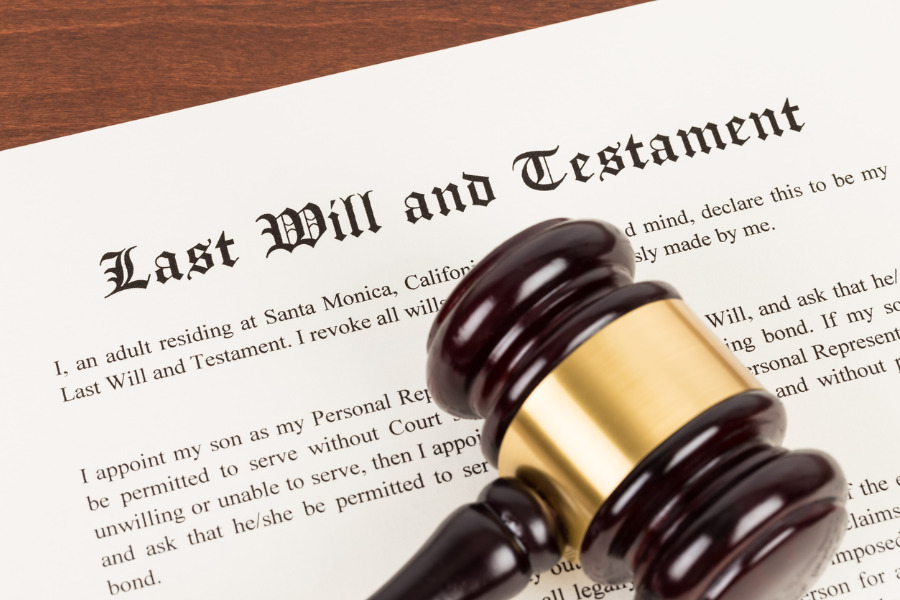

The fate of Gene Hackman’s estimated $80 million fortune remains unclear following the recent deaths of the Oscar-winning actor and his wife, Betsy Arakawa.
At least one legal expert suggests that his estate plan, which reportedly left his assets to Arakawa, may complicate potential inheritance claims by his children.
As The Indepent reported, Hackman, 95, and Arakawa, 65, were found dead in their Santa Fe, New Mexico home in February. A medical examiner determined that Hackman died of hypertensive atherosclerotic cardiovascular disease, with Alzheimer’s disease as a contributing factor. Arakawa had died about a week earlier due to hantavirus pulmonary syndrome, a rare illness transmitted through animals.
In one will drawn up in 1995, Hackman named Arakawa as the sole beneficiary of his assets, according to TMZ. Arakawa's own will reportedly included a clause stating that if she and Hackman died within 90 days of each other, their assets would go to charity.
At least one estimate places Hackman's fortune at $80 million, putting it just ahead of Sopranos star James Gandolfini's reported $70 million, but far behind the $300 million that Rock and Roll Hall of Famer Prince was said to have left behind.
Hackman's three children from his first marriage – Christopher, 65; Elizabeth, 62; and Leslie, 58 – were not named in his will, according to coverage by People. While legal experts note he also had a living trust, which could help determine the ultimate beneficiaries, that information has yet to come to light.
"In this case, we don't see who the beneficiaries are of the Gene Hackman trust because the Gene Hackman trust hasn't been either publicly released or it's not part of the probate proceeding," trust and family law attorney David A. Esquibias, who is not involved in the case told People. "Typically, though, the probate proceeding, at least in California, the trust is usually included."
Amid the uncertainty, Hackman’s son Christopher has retained California trust and estate attorney Andrew M. Katzenstein, according to TMZ. While Christopher has not publicly stated his intentions, the move suggests that he may challenge the will or attempt to assert a claim to his father’s estate.
Still, challenging Hackman’s estate plan could be difficult, given the amount of time that has passed since the documents were signed. Hackman and Arakawa reportedly last signed their wills in 2005, each naming the other as the personal representative of their estates, which could make any legal challenge more complex.
"Contesting a 20-year-old document is exponentially harder than contesting a deathbed-signed document," Esquibias explained. "Had this been signed in 2025 or 2024, I think there was more likelihood that there's [going to] be a contest."

Quarterly analysis of retirement accounts highlights positive behavior.

Insiders say the Wall Street giant is looking to let clients count certain crypto holdings as collateral or, in some cases, assets in their overall net worth.

The two wealth tech firms are bolstering their leadership as they take differing paths towards growth and improved advisor services.

“We think this happened because of Anderson’s age and that he was possibly leaving,” said the advisor’s attorney.

The newly appointed leader will be responsible for overseeing fiduciary governance, regulatory compliance, and risk management at Cetera's trust services company.
How intelliflo aims to solve advisors' top tech headaches—without sacrificing the personal touch clients crave
From direct lending to asset-based finance to commercial real estate debt.
